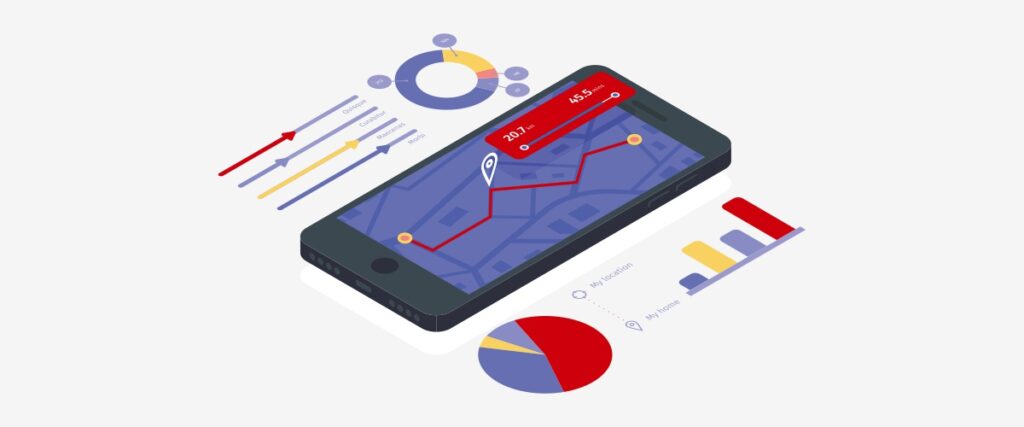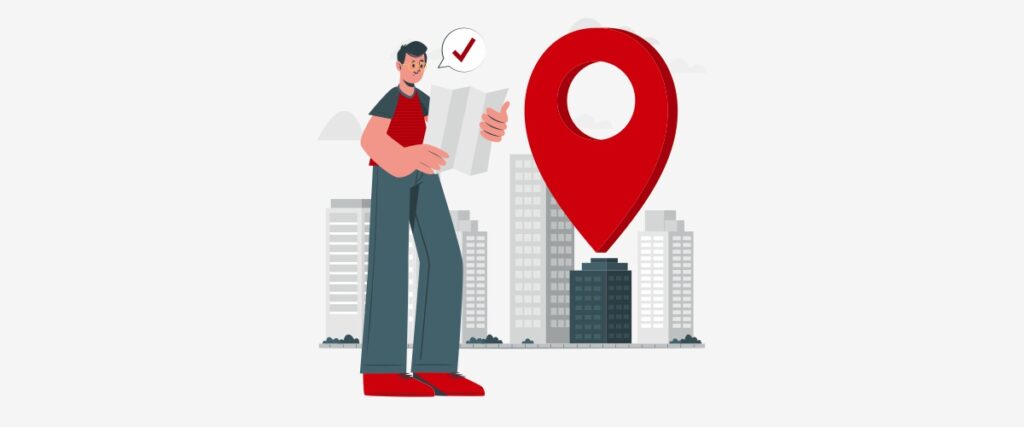If your business operates across a wide area but doesn’t have a physical storefront—like a plumber, HVAC technician, mobile repair expert, or cleaning company—you’re what Google calls a service area business (SAB).
For SABs, ranking in local search isn’t just about having a Google Business Profile. You also need well-structured, optimized Service Area Pages that help Google and potential customers understand where you work—and why they should choose you.
Here’s how to build and optimize these pages to boost your local SEO in 2025.
What Are Service Area Pages?
A service area page is a landing page that targets a specific city, neighborhood, or region you serve—even if you don’t have an office there.
Example:
If you’re a cleaning company based in Richmond but serve all of Metro Vancouver, you should have separate pages for:
- Burnaby
- North Vancouver
- Surrey
- West Vancouver
Each page shows Google (and customers) that you’re active in that area, which helps your chances of ranking for “[service] in [location]” searches.
Why Service Area Pages Matter for Local SEO

Without a physical address in every city you serve, you need content to make your presence clear.
A solid service area page helps you:
- Rank for long-tail, location-specific keywords
- Compete with local businesses that have physical storefronts
- Give potential clients confidence that you actually serve their area
- Create internal links between related city/service pages
Need help creating the right structure? Read more about location pages that rank.
What to Include in a Strong Service Area Page
Here’s what makes a service area page not just exist—but actually perform:
1. Localized Content That Feels Personal
Don’t just swap out city names. Mention:
- Landmarks, neighborhoods, or streets you serve
- Local customer pain points or seasonal issues
- Specific services popular in that area
Example:
“We’ve helped dozens of homeowners in Lynn Valley with furnace installations before the winter rush.”
This is how you go from generic to genuinely local.
2. A Clear and Consistent NAP
Even if you don’t have a physical address in that city, your Name, Phone Number, and Website should appear consistently across all your service area pages and online listings.
Make sure they match your Google Business Profile and all your local citations.
3. SEO-Optimized Meta Tags
Your page title and meta description should clearly include your service and city.
For example:
- Title: Affordable HVAC Services in Burnaby – 24/7 Emergency Available
- Meta: Looking for reliable HVAC repair in Burnaby? We serve the entire area with fast response and fair pricing.
4. Internal Links to Related Services or Locations
Help Google crawl your site by linking service area pages to:
- Nearby cities
- Your homepage
- Related services
Also, link back to general content like:
This supports your SEO strategy and keeps users engaged.
5. A Google Map (Optional for SABs)
Even though you may not have a physical location, you can embed a map showing your primary service area.
Use a custom-drawn polygon on Google My Maps if needed—it helps users visually understand your coverage.
6. Real Reviews and Testimonials
If you’ve done work in that specific area, include a quote or testimonial. Local reviews build trust and send strong location signals.
“We hired Maple Heating for our townhouse in Coquitlam and couldn’t be happier. Fast, clean, and affordable.”
Common Mistakes to Avoid

- Using the exact same content on every page with only the city name changed
- Forgetting to include a clear CTA (Call, Quote, Book Now)
- Ignoring internal links between city/service pages
- Not tracking performance—check your analytics and rankings regularly
Bonus: Ideal URL Structure for SABs
Use clean and consistent URLs, such as:
/service-areas/vancouver//service-areas/burnaby/hvac-installation//locations/coquitlam-cleaning/
Avoid using parameters like ?city=burnaby — keep it static, readable, and SEO-friendly.
If you operate across a wide service area without physical locations in every city, service area pages are your best tool for ranking locally. When they’re done right, these pages tell Google “We’re here. We’re relevant. We’re ready to help.”
Build each page with care, personalize the content, and make sure your local signals (citations, NAP, reviews) are all aligned.
Need Help Designing Service Area Pages That Convert?
At Maple Web Design, we build SEO-optimized service area pages that not only rank—but get real leads. Whether you serve 3 cities or 30, we’ll help you structure it all clearly and cleanly. Contact Us for Local SEO Help






